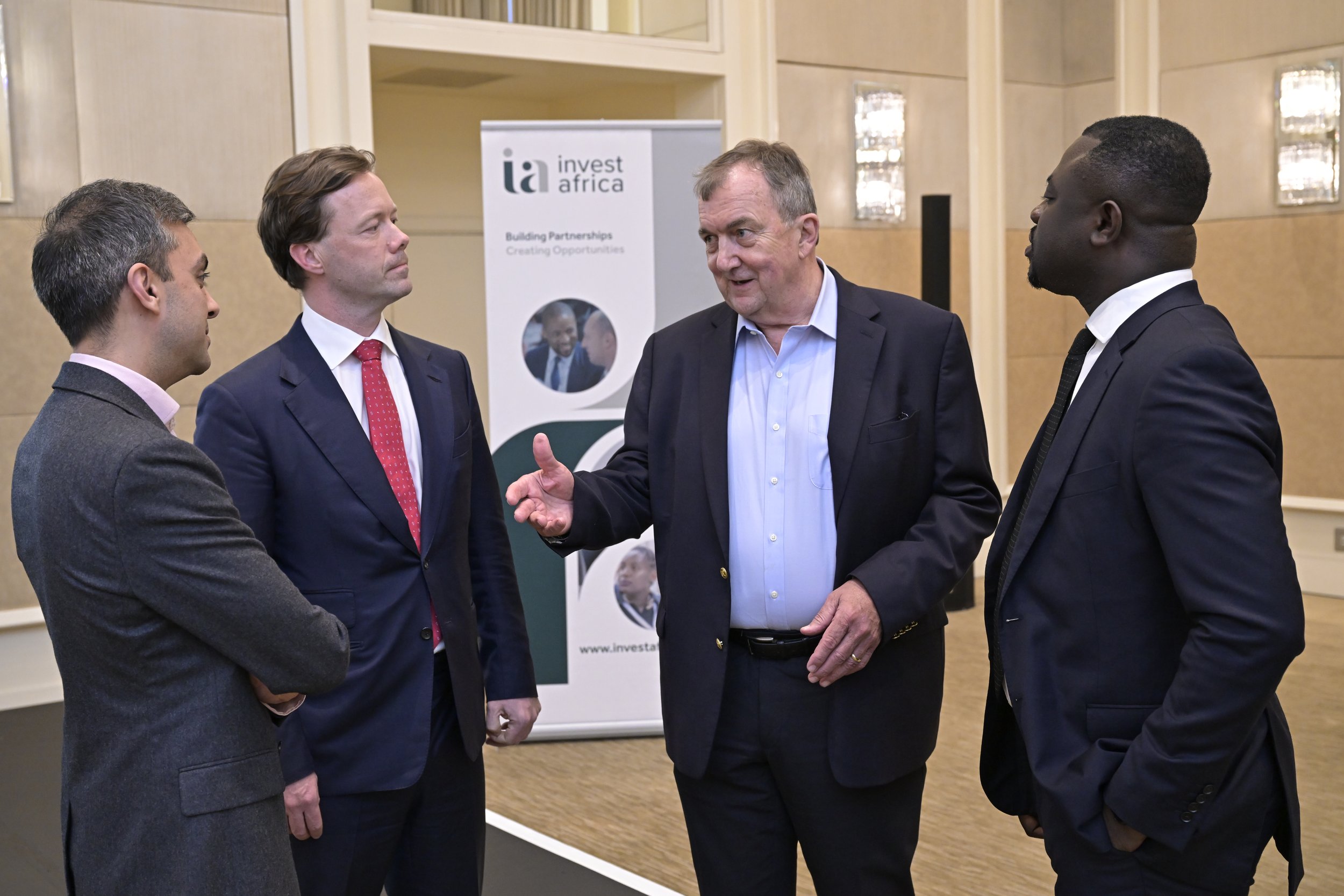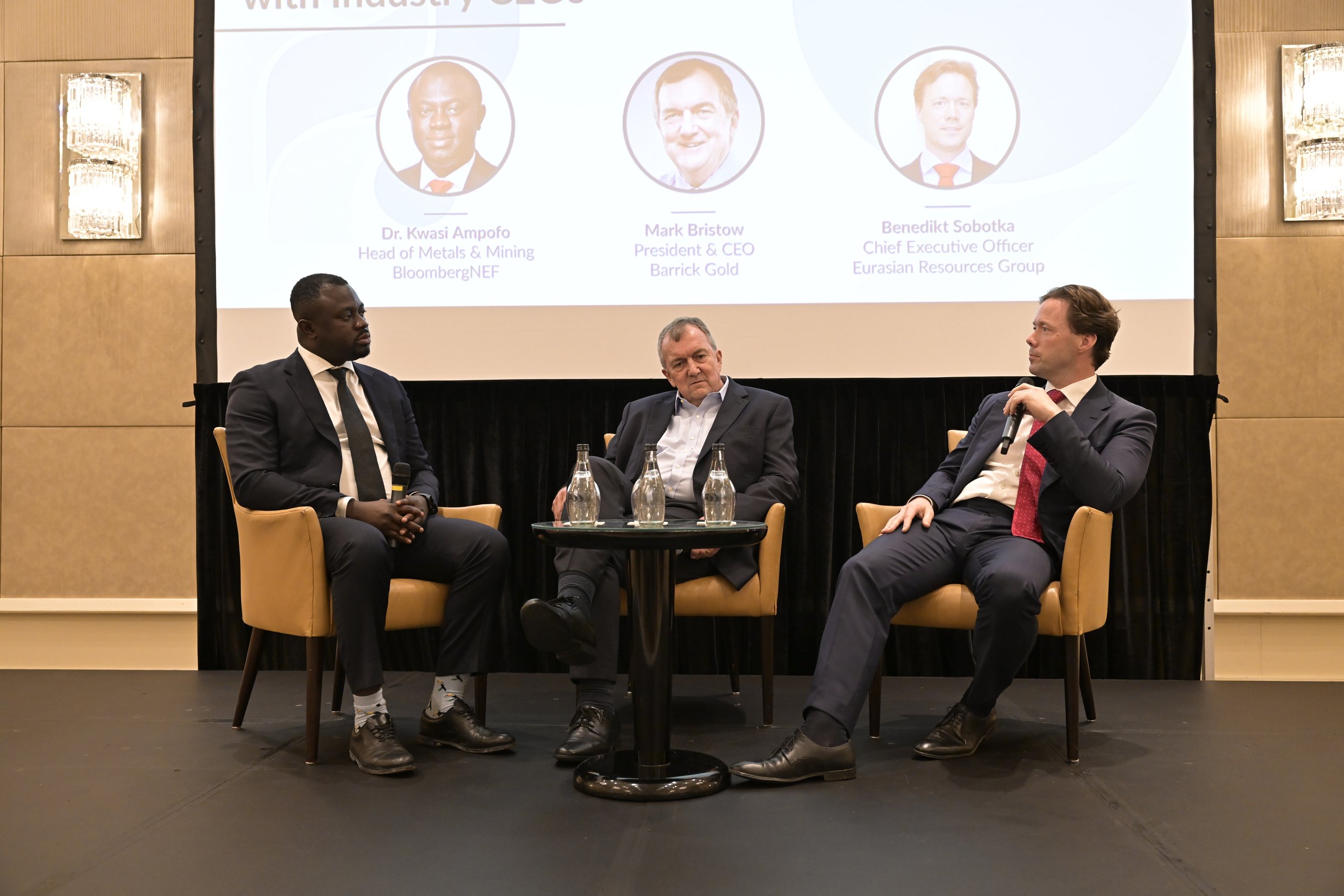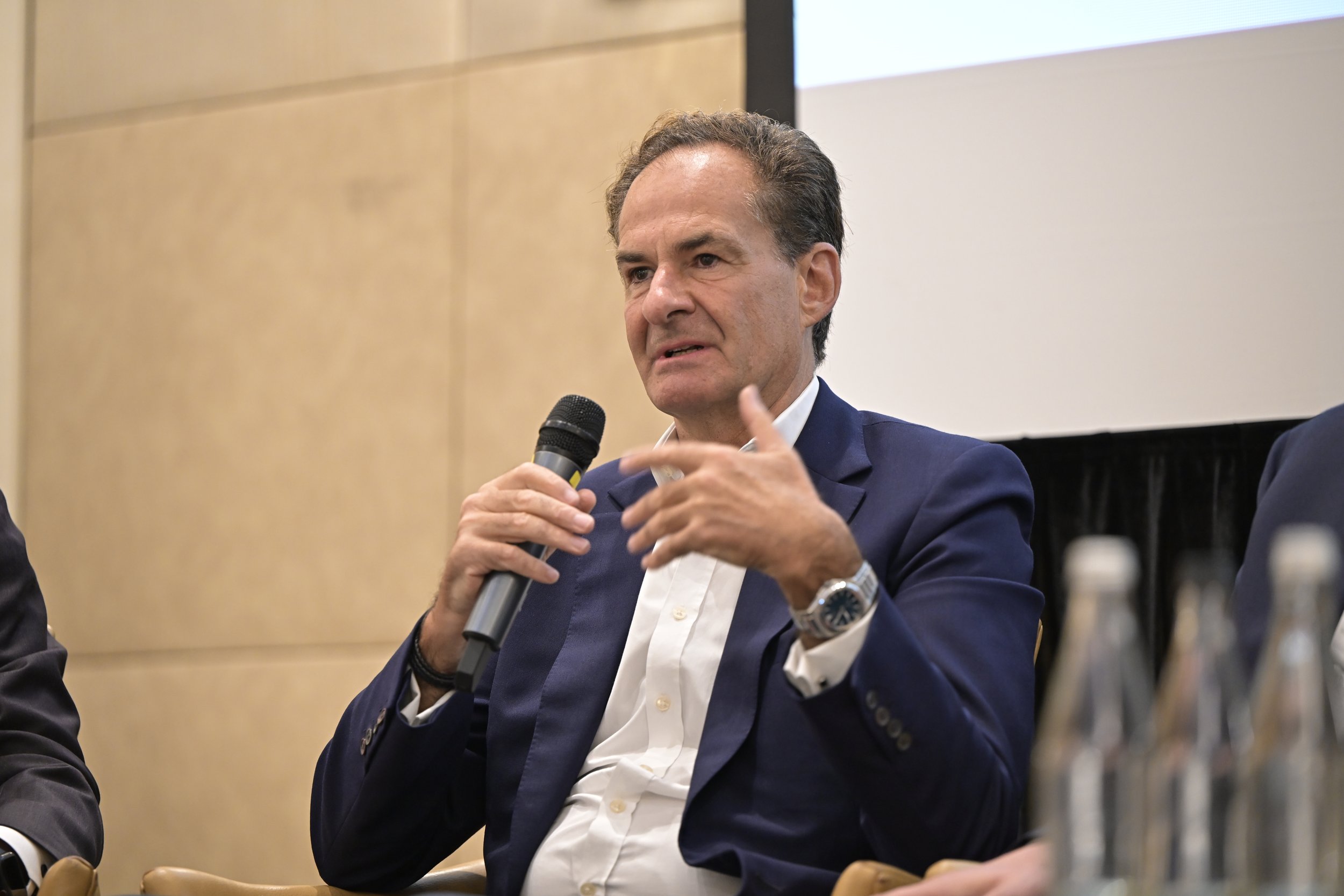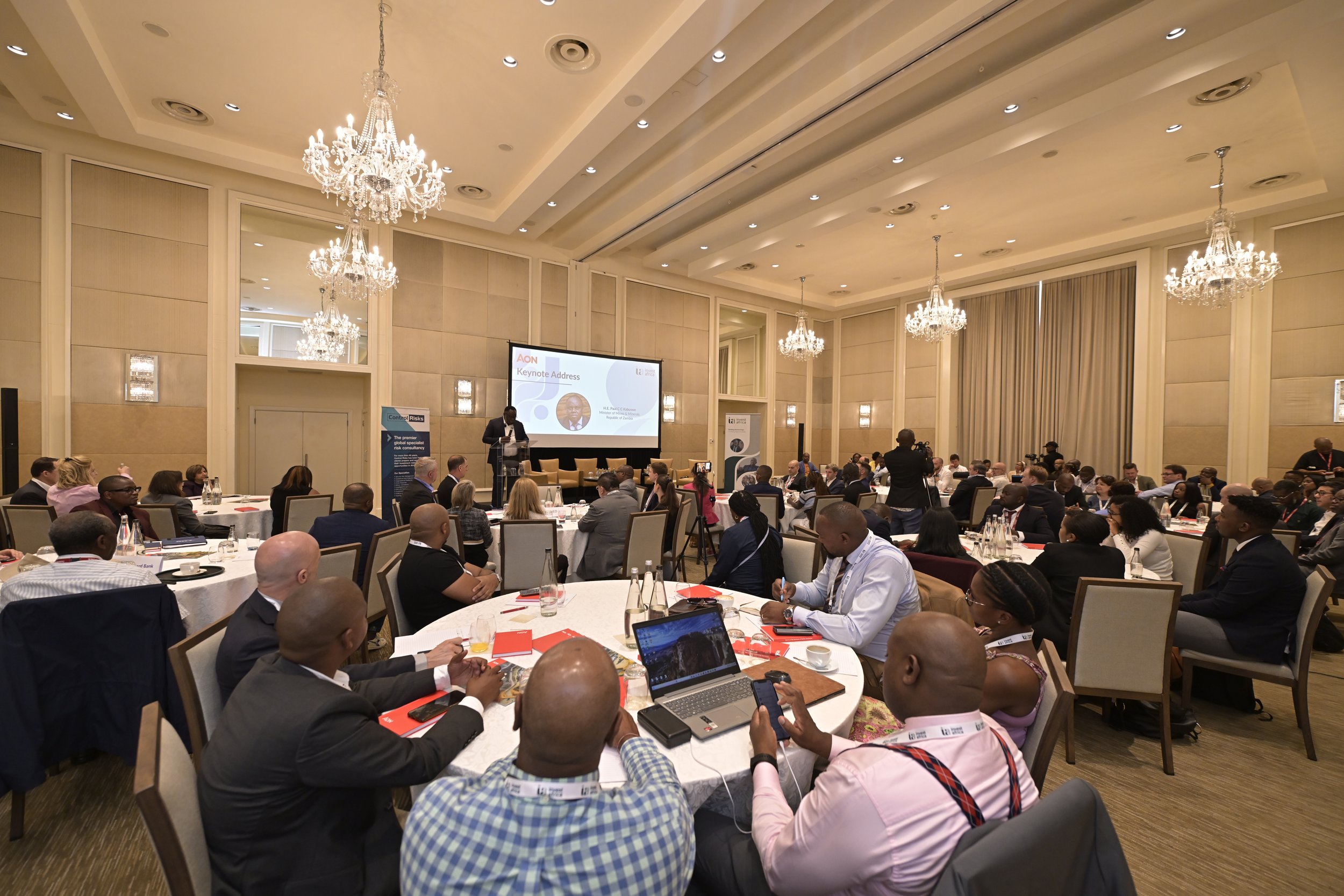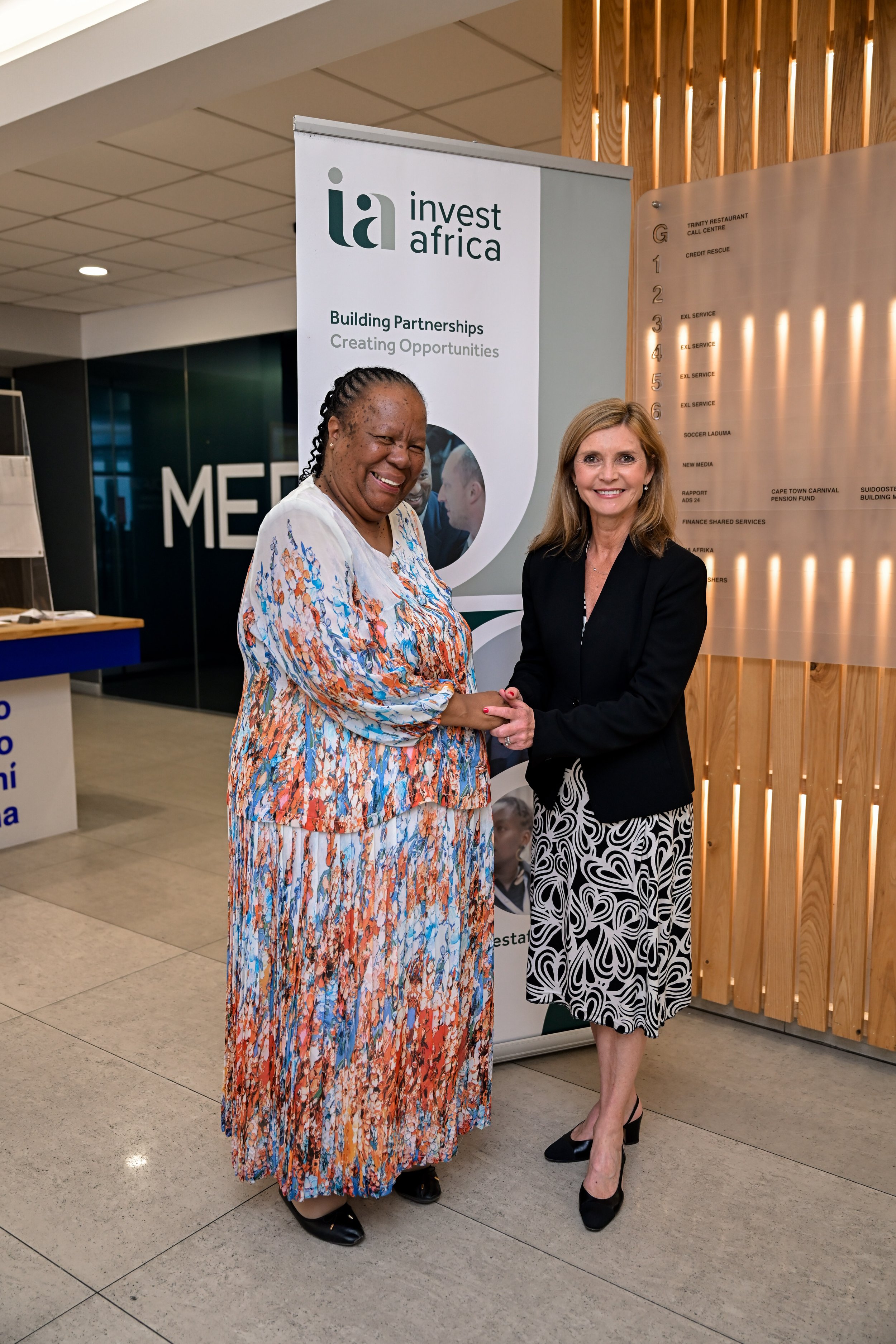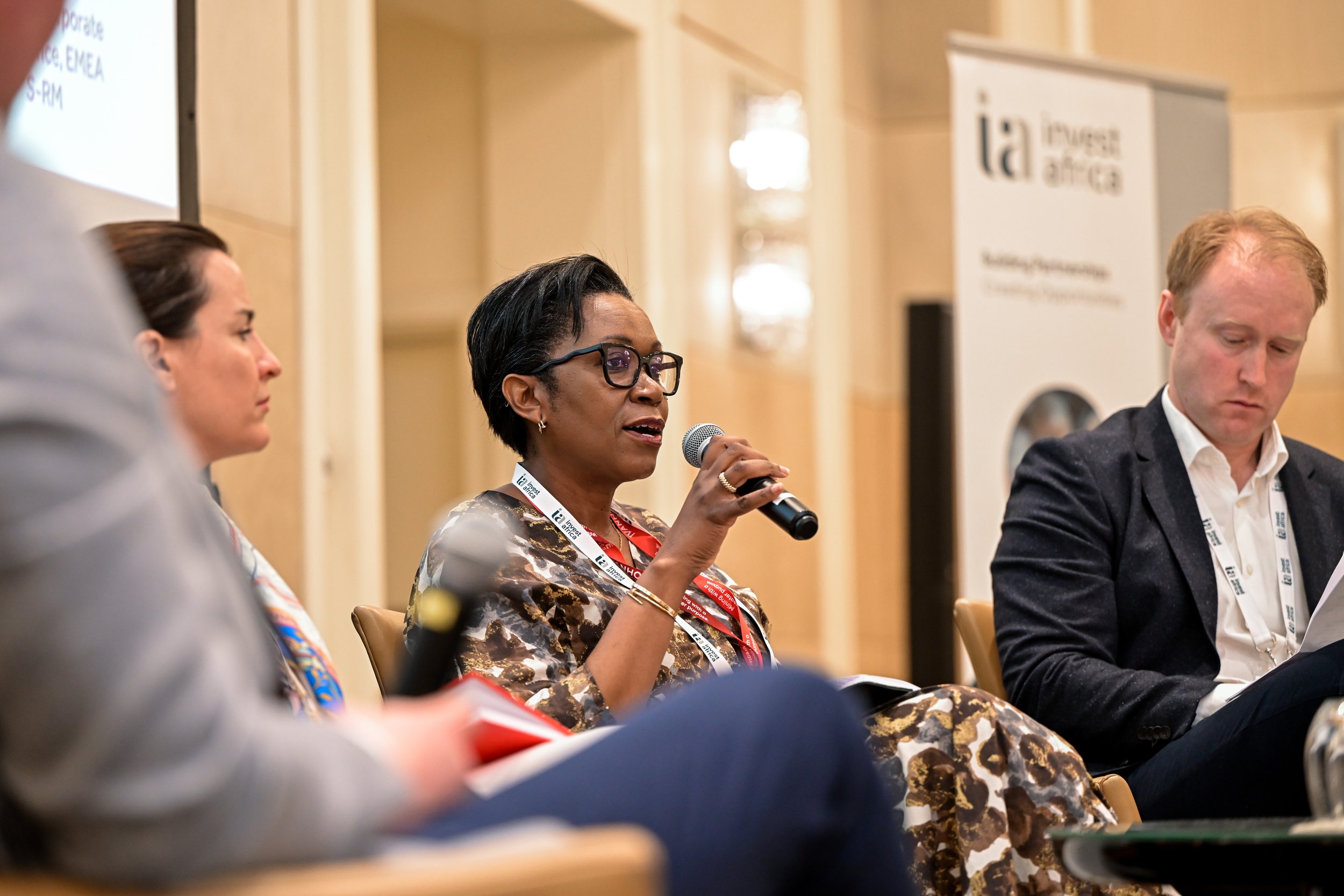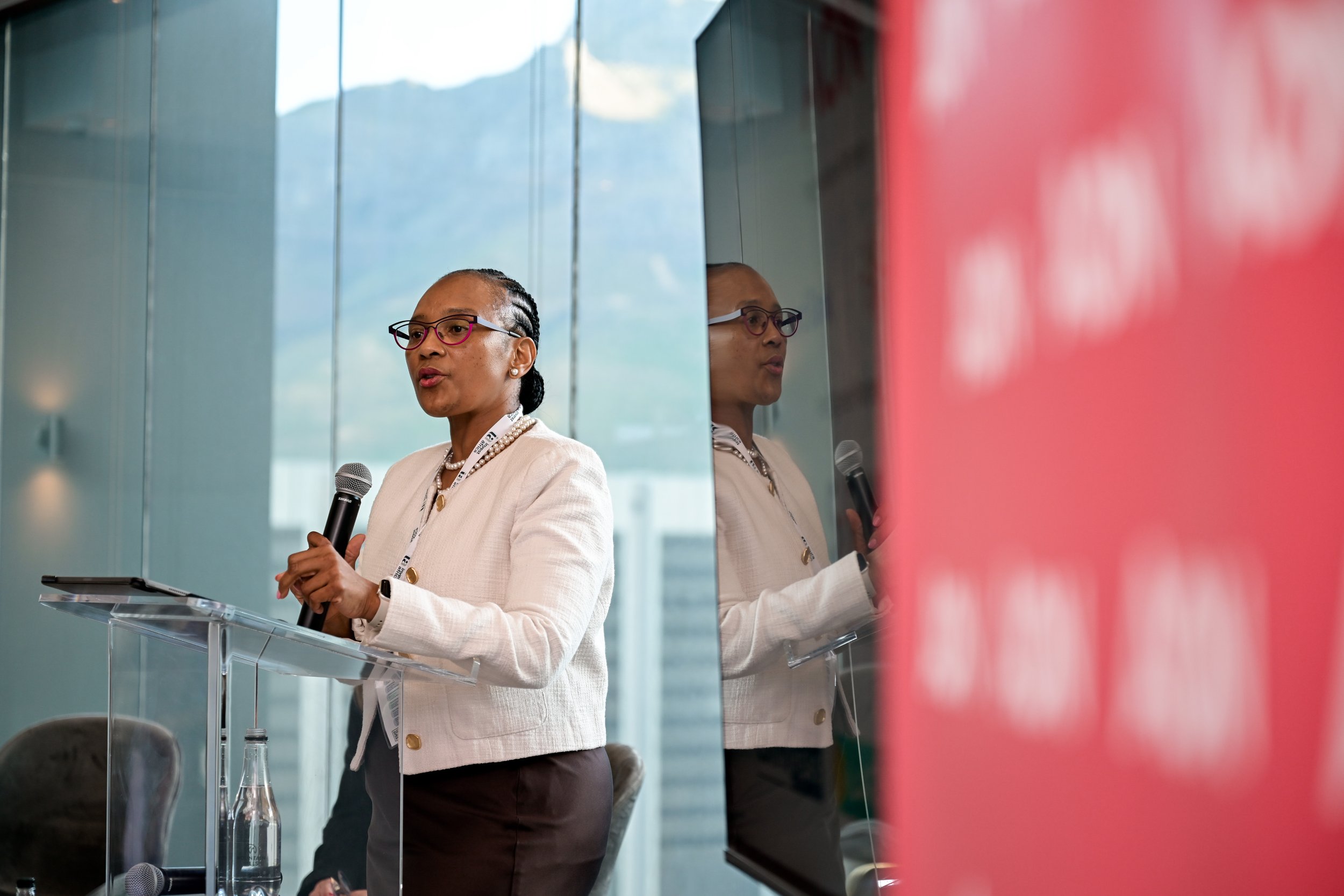Insights from Invest Africa's 11th Annual Mining Series
In the ever-evolving landscape of global energy dynamics, Africa finds itself at the forefront of a transformative era – catalysed by the global shift towards clean energy technology. The continent's rich mineral reserves – more than 30% of the world’s total – have swiftly emerged as a prerequisite in the global green technology revolution, essential for the proliferation of battery-powered electric vehicles and other low-carbon infrastructure vital for a sustainable future.
The manner in which Africa navigates the insatiable global demand for its critical minerals could well determine its growth trajectory in the years to come. But possessing vast reserves alone does not guarantee success. The continent's mining sector has long been ensnared in a conventional "pit-to-port" paradigm, with raw mineral ores extracted only to be processed elsewhere – relegating Africa to a peripheral role in the value chain. Now, however, the continent has an opportunity to metamorphose from a mere supplier of raw materials into a strategic production hub for these indispensable minerals.
These were just some of the conversations that reverberated throughout Invest Africa's 11th annual Mining Series, held on the margins of Mining Indaba 2024 in Cape Town, South Africa. The series consisted of eight events, featuring government leaders such as South African Minister of International Relations and Cooperation Naledi Pandor and Zambian Minister of Finance Situmbeko Musokotwane and industry leaders such as TechMet Chairman & CEO Brian Menell and Glencore DRC President Marie-Chantal Kaninda, amongst other stakeholders shaping the future of African mining.
Key takeaways include:
Africa boasts over 30% of the world's mineral reserves, and yet it produces just 5% of global production – an imbalance that African leaders are eager to put right. Time is of the essence, however, with supply-demand imbalances threatening to impede the global energy transition.
A commitment to long-term capital vs short-term gratification is required to help meet the critical minerals needs of the global energy transition. Fund managers too often work on 12-month bonus periods, while a new mine can take 10 to 15 years to be brought online.
Mining companies wield the potential to play a pivotal role in addressing Environmental, Social, and Governance (ESG) concerns. Their positioning during the energy transition will profoundly shape their sustainability and competitive advantage in the forthcoming decades.
The incorporation of smart technology is revolutionising Africa's mining sector, helping to drive down costs and drive up efficiency. Whilst technological advancements offer the prospect of cost reduction, environmental preservation, heightened exploration and production, and optimised mineral recovery, grasping both barriers and facilitators is vital for the successful deployment and long-term sustainability of these innovations within the industry.
Africa has an opportunity to metamorphose from a mere supplier of raw materials into a strategic production hub for these indispensable minerals, but challenges persist. The majority of African countries lack the necessary energy infrastructure to develop refining capabilities, and no single country on the continent possesses all the minerals necessary to produce batteries, for example. Consequently, collaborative mineral pooling among countries is imperative to achieve the minimum scale and reliability essential for sustainable development and global competitiveness.
In certain countries, it might be prudent to focus on more modest goals, including the development of suppliers offering products and services to mining companies, spanning from pick-up trucks and replacement part manufacturers to caterers, surveyors, and human resources services. Bolstered by local content requirements to alleviate barriers to entry for local firms, these services, while lacking the prestige or economic potential of refining, play a crucial role in fortifying local supply chains and adding tangible value to Africa's mining industry.
We would like to thank our Headline Partner, Aon, Programme Partners, Standard Bank Group and Xcalibur Smart Mapping, Intelligence Partner, S-RM, and Event Partners, Control Risks, Lagata, and Poliedro, as well as all our speakers, for making Invest Africa’s 11th Annual Mining Series such a success.

